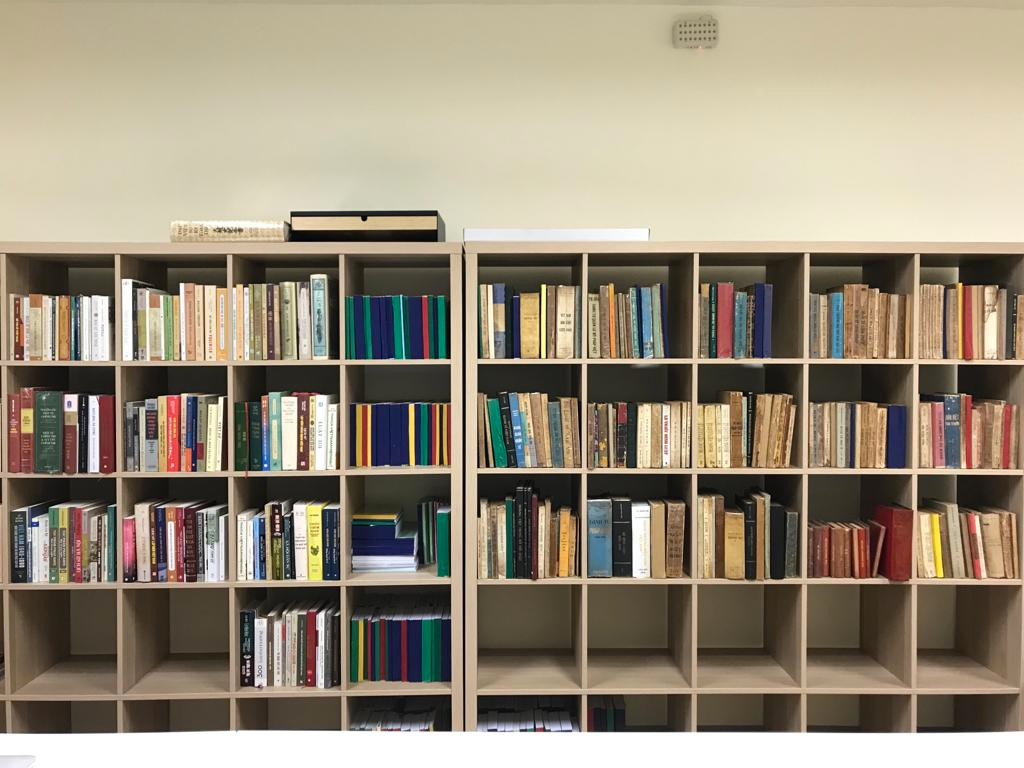The United Nations Working Group on Arbitrary Detention (UNWGAD) has just released its verdict on the case of journalist Pham Doan Trang and says that Vietnam ‘arbitrarily detained’ activist Pham Doan Trang.
Excerpt:
International human rights lawyer Kurtuluş Baştima, who filed Pham Doan Trang’s case with the UN, told BBC News Vietnamese that he received the UN’s ruling on October 25.
Accordingly, the judgment said that Pham Doan Trang was arrested and detained without an arrest warrant, nor was she informed of the reason for her arrest. Since being arrested until now, Ms. Trang has not been able to see her relatives, and her meeting with a lawyer has been delayed for a long time. As a result, Ms. Trang’s rights under the International Covenant on Civil and Political Rights (ICCPR) have been violated.
The working group concluded that the Vietnamese government had “arbitrarily detained journalist Pham Doan Trang for the past 11 months”, and that she should be released immediately.
“The current case is one of many submitted to UNWGAD in recent years related to arbitrary arrests in Vietnam. These cases follow a similar pattern of arrests that do not comply with the regulations. international norms; prolonged detention pending trial without access to indictment files, access to lawyers, prosecution under dubious criminal offenses…; no access to the outside world.”
“This pattern points to a systemic problem with arbitrary detention in Vietnam that, if continued, could seriously violate international law,” the UNWGAD report reads.
In the 17-page ruling, UNWGAD also laid out further measures to monitor Vietnam’s compliance, asking the Vietnamese government, within six months, to provide information including:
Has Pham Doan Trang been released yet? If so, what time?
Have the terms of compensation been fulfilled?
Has an investigation been conducted for the violation of Pham Doan Trang’s rights? How’s the result?
Have there been any legal amendments, namely Article 117 of the old Penal Code and Article 88 of the new Penal Code to be consistent with international obligations?
Has any other action been taken under this judgment?
Perspectives from international human rights lawyers
“This is a very important ruling,” Mr Kurtuluş Baştima told the BBC. He analyzed:
“Pham Doan Trang could not object to her detention, so her right to apply remedial measures under Article 2(3) ICCPR was violated.”
“In addition, UNWGAD ruled that Article 117 of the old Penal Code or Article 88 (Amendment of the Penal Code) were too vague and broad to be used as a legal basis to invoke arrest and detention. Pham Doan Trang.”
In addition, the right to freedom of speech, the right to association and the right to express opinions are also violated by the Vietnamese state, because all activities of Ms. Trang as an author, blogger and journalist are prevented. .”
“Ultimately, the delay in allowing Ms. Trang to see a lawyer caused her right to a fair trial to be violated under Article 14 of the ICCPR. Ms. Trang’s detention was due to her participation in anti-corruption and civil rights reporting. owner is a violation of his right to engage in public affairs, in particular Article 25(a) of the ICCPR.”
“This is a decision made by UNWGAD based on the International Covenant on Civil and Political Rights. This convention places an obligation on the state to respect those decisions. Ms. Trang’s lawyer in Vietnam Nam should use this decision of the UN in the upcoming trial,” said Mr. Kurtuluş Baştima.
However, Mr. Kurtuluş Baştima said that the UN’s ruling is not legally binding, so UNWGAD cannot impose penalties if the Vietnamese government does not implement the proposals made by the UN.
However, this does not mean that the Vietnamese government will be ignored this decision. Because if not, the Vietnamese government will be held responsible for violating international law and UNWGAD will refer the situation to the United Nations Human Rights Council.
Immediately following the UN ruling, a joint statement on Tuesday from 28 national and international civil society organizations called on the Vietnamese authorities to immediately and unconditionally release Pham Doan Trang.
The suppression of Doan Trang and other human rights defenders, including independent writers and journalists, is part of an increasingly worse attack on freedom of expression and information in Vietnam. South,” the joint statement read.
The Working Group on Arbitrary Detention – UNWGAD – was established on the basis of Resolution 1991/42 of the United Nations Human Rights Commission and has the task of investigating arrests, detentions and imprisonments made by member states, whether it is in accordance with the UN Charter of Human Rights.
They have the right to request that governments and states submit periodic reports or on specific cases related to acts, decisions or trials that deprive citizens of their freedoms in the Member State.
Download article in Vietnamese:
Download article in English:
]]>
